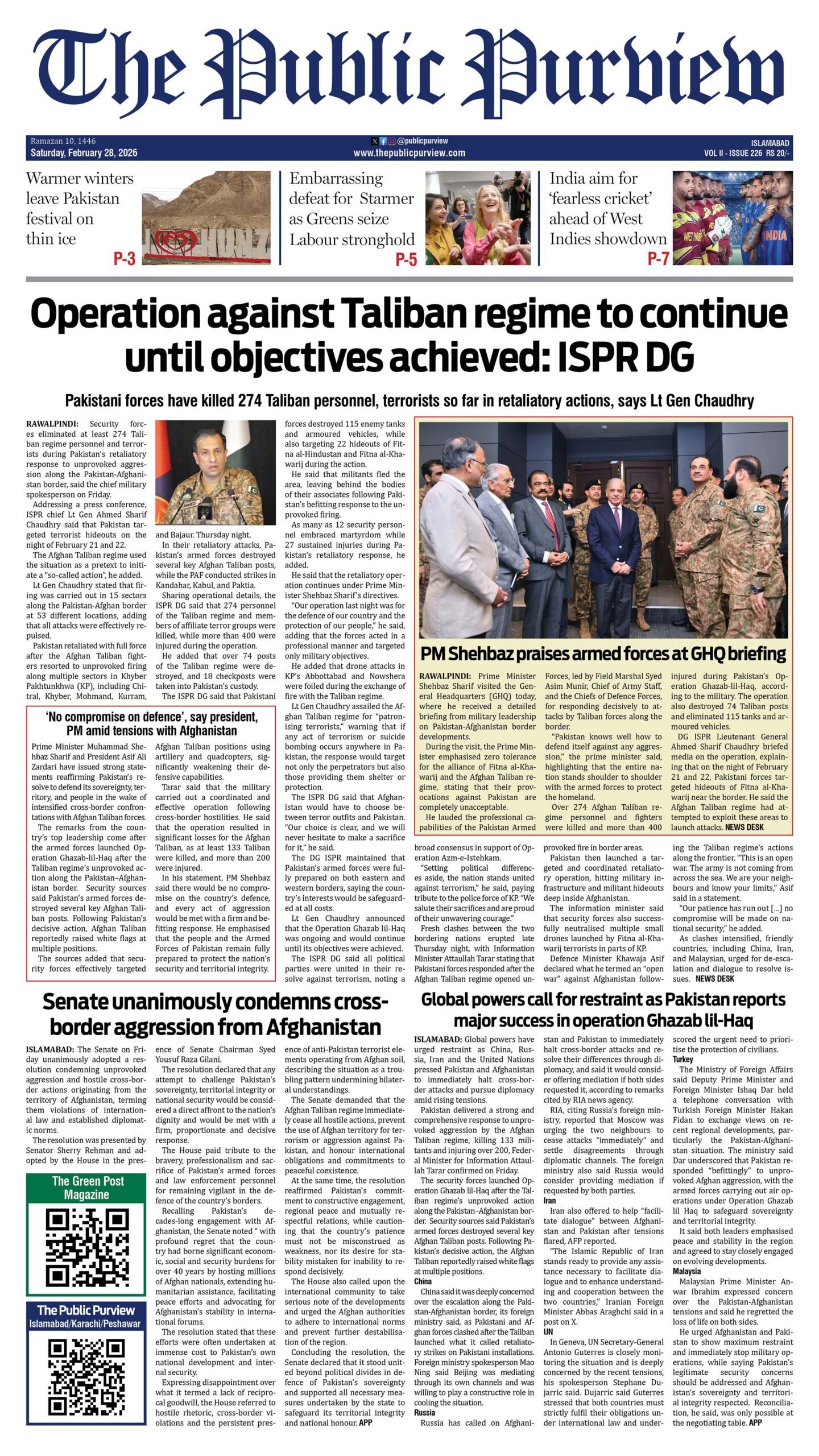
In the realm of global statecraft, international relations are often predicated upon the implicit logic that “our association endures only as long as we both derive benefit from it.” In other words, political alliances that appear to be amicable or based on shared objectives are, in most cases, the product of underlying compulsions. From this perspective, it is not incorrect to assert that political relationships are, in essence, another name for necessity.
Realism and National Interest
To understand this dynamic, it is important to recall that in the academic study of international relations, several theoretical frameworks elucidate how states seldom operate on purely moral or ideological foundations. Instead, they prioritize national interest, security imperatives, and existential continuity. Within this discourse, the Realist school of thought in International Relations deserves special mention, as it considers states sovereign, self-interested, and constantly maneuvering to maximize their own strategic advantage.
An Anarchic International Environment
Realism posits that states function in an anarchic international environment one in which no overarching global authority exists to legally or morally bind them. Consequently, states must safeguard their own security and interests independently. Within this context, diplomacy and alliance-building become mechanisms inherently tied to the contingencies of immediate strategic needs.
Alliances of Convenience
Furthermore, scholarship introduces the concept of “Alliances of Convenience,” describing situations in which two or more states collaborate temporarily despite fundamental ideological divergences, often due to shared threats, overlapping interests, or mutual vulnerabilities.
Compulsion in International Relations
Here, “compulsion” signifies that states frequently enter into relationships not because they genuinely choose them, but because they represent the “least undesirable alternative.” Limited strategic options, heightened threats, insufficient resources, or complex regional dynamics force states toward partnerships that appear friendly on the surface but are, in truth, manifestations of necessity.
Cold War and Middle-Power Alignments
For instance, a weak or middle-power state navigating Cold War or post Cold War geopolitical currents may align with a major power despite ideological incompatibility, simply to ensure its own security. The paucity of viable alternatives and the magnitude of threats convert such alliances from friendships into contingent necessities.
Historical Example: Molotov–Ribbentrop Pact
A prominent example is the Molotov–Ribbentrop Pact (1939), in which Germany and the Soviet Union entered a non-aggression treaty. This agreement transcended ideological hostility between Nazi Germany and the Socialist Soviet Union revealing how temporary interests can supersede profound ideological conflict. The pact vividly demonstrates that political alliances are frequently forged under duress or strategic compulsion rather than philosophical harmony.
Temporary Coalitions and Their Collapse
The academic discourse on “alliances of convenience” further indicates that when states face shared adversaries, defensive imperatives, or acute regional pressures, they are drawn toward temporary coalitions. Once the underlying need dissipates, the alliance weakens or collapses altogether.
Contemporary Global Patterns
The same pattern persists in the contemporary global landscape. Numerous states construct strategic networks and partnerships not on the basis of absolute cooperation or sincerity, but according to immediate objectives, economic opportunities, regional security concerns, and shifting power equilibria. Thus, most political relationships today are anchored more in pragmatism than in enduring moral or humanitarian values.
Regional Examples in South Asia and the Middle East
South Asia, Pakistan, and the Middle East offer abundant examples of states forming relationships driven by global realignments, economic dependency, military requirements, or regional tensions. Consequently, even alliances that appear “friendly” may, beneath the surface, reflect internal and external compulsions.
Key Conclusions on Political Relations
From this analysis, several key conclusions emerge:
First, when political relationships are built on necessity, the element of trust becomes inherently fragile. As the alliance is tied to temporary interests, its dissolution becomes inevitable once those interests evolve.
Second, states must contemplate not merely short-term benefits but also long-term national interests, sovereignty, ethical reputation, and the diversification of regional engagement. Such an approach elevates partnerships from mere necessity to enduring cooperation.
Third, the public must recognize that international alliances are influenced far more by interests than by “friendship.” Understanding this dynamic fosters a more informed civic discourse and enhances expectations of transparency from political leadership.
Realism and Strategic Necessity
From a theoretical standpoint, Realism teaches that moral considerations seldom dominate the conduct of states in the international system. When confronted with the imperatives of “threat, power, and interest,” states often behave in ways detached from ideological consistency or value-driven principles.
Furthermore, the notion of alliances of convenience reinforces that partnerships are rarely “friendships” in the traditional sense; they are “strategic necessities.” When necessity fades, so too does the partnership. Recognizing this inevitability prevents political relationships from being misconceived as emotionally permanent or ideologically sacred.
Mutual Interests as the Foundation
In summary, “political relations are always founded upon mutual interests.” The overwhelming majority of global partnerships arise from the compulsions of circumstance, the pressures of contemporary realities, the magnitude of threats, and the demands of strategic interest. Although such an interpretation may seem stark or unsentimental, it represents the prevailing truth of international affairs.
Toward Meaningful Partnerships
Meaningful partnerships are those grounded not in mere necessity, but in mutual trust, long-term cooperation, and principled alignment. Only then can a political relationship transcend transactional utility and evolve into something genuinely substantive and credible. It is along this path that politics, national interest, and ethical considerations may finally converge in a harmonious equideological۔
Read more expert opinions here: https://thepublicpurview.com/category/blog/
For more stories and insights, visit: The Green Post







 Today's E-Paper
Today's E-Paper